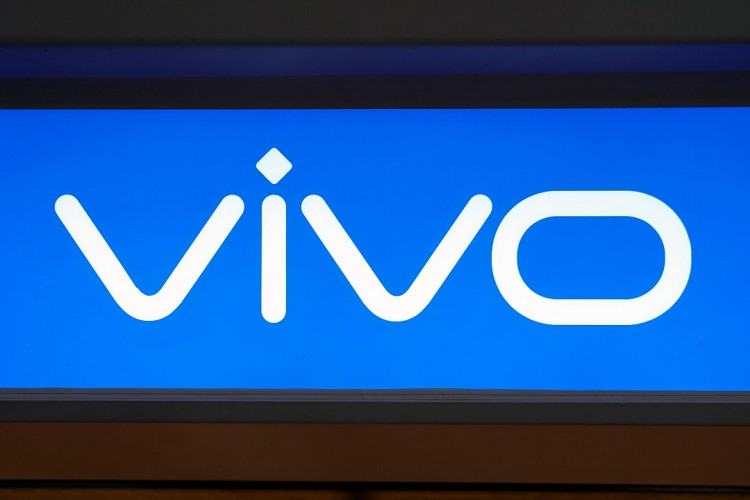Amid a concerted effort to establish itself as a global brand, Vivo is grappling with significant challenges in India, its largest market outside of China. The company is reportedly in talks with India's Tata Group to sell a majority stake in its Indian operations to comply with local regulations. As of June 17, Vivo has not officially commented on these reports.
This move is far from a routine market transaction. The Indian government requires Tata Group to hold at least 51% of Vivo India's shares and insists that the newly formed joint venture be led by a local entity with a localized marketing network.
Known as the "Samsung of India," Tata Group is one of the country's largest conglomerates, with a diverse portfolio that includes electronics manufacturing. The group produces iPhones for Apple and is spearheading India's first semiconductor factory.
Jiang Han, an analyst at Pangu, told Wall Street Insights that Vivo's potential stake sale to a local Indian group is likely a response to the Indian government's localization policies. In recent years, the government has demanded that foreign companies increase local production, procurement, and executive localization to mitigate policy risks.
Since 2022, India has ramped up pressure on Chinese smartphone manufacturers like Vivo, Xiaomi, and Oppo, utilizing laws such as the Foreign Exchange Management Act and the Prevention of Money Laundering Act.
In July 2022, Indian authorities conducted raids on 48 premises linked to Vivo India and 23 related companies under money laundering suspicions. In October, police accused Xiaomi and Vivo of transferring funds to a news website under investigation for criticizing government policies.
Shortly after, the Enforcement Directorate (ED) arrested four Vivo India employees, including a Chinese national, alleging money laundering. By the end of the year, the ED detained several senior Vivo India executives, including the acting CEO and CFO, on similar charges.
A spokesperson for Vivo India commented, "The recent arrests highlight the ongoing harassment, creating uncertainty across the industry. We will utilize all legal avenues to resolve and challenge these accusations."
India, the world's second-largest smartphone market, presents a significant growth opportunity with its vast consumer base. Chinese brands have captured a substantial share, with Counterpoint data showing Chinese brands held four of the top five spots in 2023, commanding 60% of the market.
Vivo ranked third with a 16% market share and an 11% year-over-year increase in shipments, marking the fastest growth among the top five. Oppo led with a 19% market share, though its shipments declined by 11%.
If Vivo's deal with Tata Group materializes, it will mark a significant shift in India's smartphone market dynamics and be part of Tata's broader expansion into electronics manufacturing. This partnership could also impact Vivo's operations in India and its global strategy.
Beijing Academy of Social Sciences researcher Wang Peng suggested that partnering with Tata Group could optimize Vivo's supply chain in India, reduce costs, and leverage local resources to expand market reach. This move could allow Vivo to penetrate previously inaccessible regions and consumer segments.
From a global perspective, the stake sale could be a strategic step for Vivo's international expansion. Jiang Han believes that collaborating with local Indian groups can help Vivo extend its market presence in South Asia and globally.
Given the geopolitical and regulatory challenges, Chinese companies have faced substantial risks in overseas markets. This cooperation model could provide a blueprint for Vivo's expansion into other countries, enhancing its global strategy.
However, the stake sale may also present challenges. Jiang Han pointed out that Vivo may need to negotiate business strategies and profit-sharing terms with Tata Group, which could reduce Vivo's control over its Indian operations.
From Huawei to TikTok and now Vivo, Chinese companies face a mix of opportunities and challenges in their global expansion efforts. As they navigate the next wave of international growth, these firms will undoubtedly encounter many more battles ahead.






